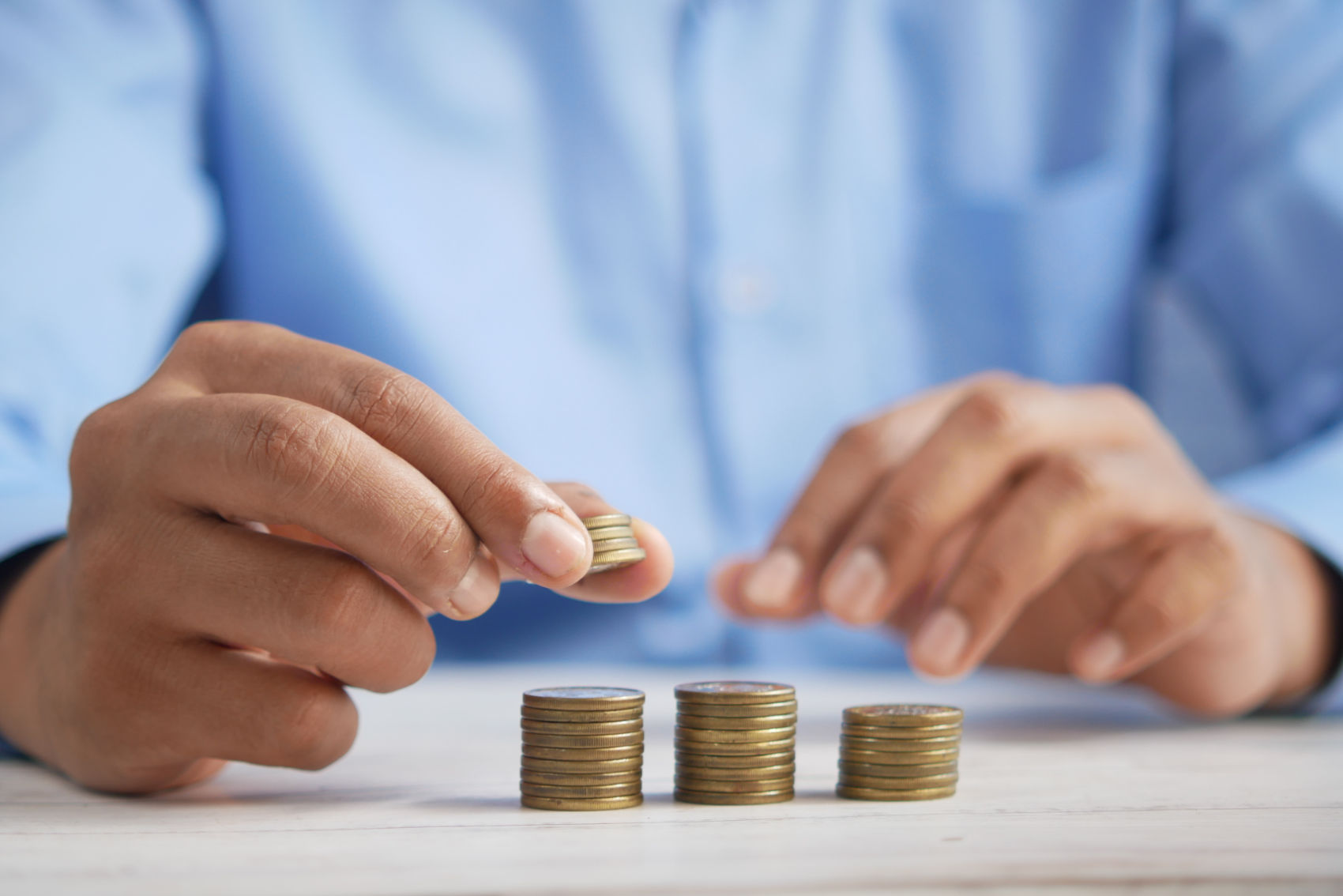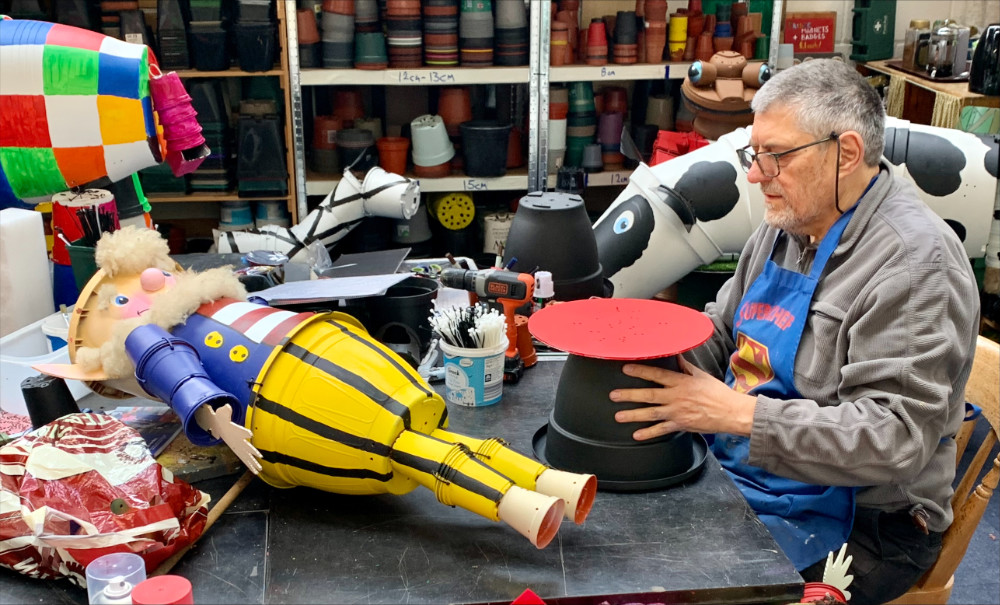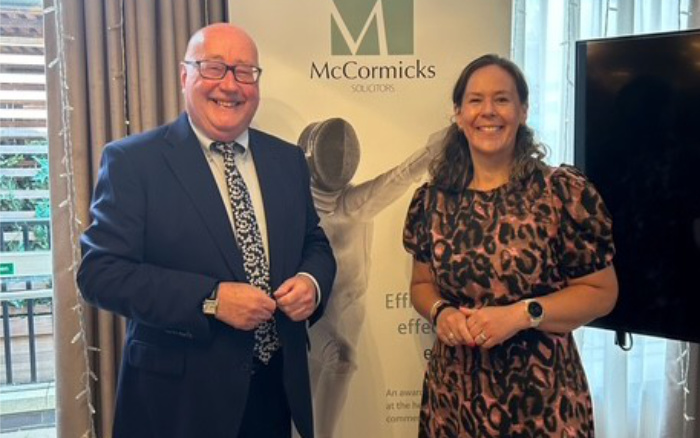Having an emergency fund means you have a set amount of savings to fall back on should the need arise. There’s nothing worse than having to pay out for something unexpected, or that could have easily been avoided. However, having an emergency fund means you have the money available and ready to go.
In this article, we’ll be discussing why you should have an emergency fund and how you can start building one.
Importance of emergency fund
Starting an emergency fund is always a good idea. Unforeseen events can occur beyond our control, and having money set aside prevents you from having to put yourself in financial hot water every few months.
Emergency funds are also important if you’re trying to save. Having one means you don’t have to constantly dip into your savings every time you have to pay for something you hadn’t budgeted for, meaning you can stay on track toward your financial goals.
Automate contributions
The key to successfully building an emergency fund is by setting a fixed figure that leaves your account every month and goes straight into your emergency pot. That way, you can ensure you don’t end up spending this money elsewhere and can prioritise what you need your money to go towards first.
Treating your fund as another bill and having the money come straight out of your account means you won’t even notice it leaving your bank. Being responsible with your money in this way can also help to improve your credit score.
Keep it separate
Ensure your emergency fund isn’t as accessible as your usual spending account. That way, you won’t be as tempted to use it for other matters when you don’t need to.
Consider keeping the money separate in a locked pot or bank account so it’s not as visible to you. It’s worth keeping your emergency fund in a high-yield savings account, which allows you to receive a higher interest rate than typical savings accounts. And, you’ll be earning money on top of your money.
Make sure to replenish
If you find yourself involved in an emergency where you need to pay from your fund, don’t forget to keep replenishing the pot afterwards. You don’t want to let all the hard work go to waste and find yourself in a sticky situation a few months later.
It can be deflating having to start your fund all over again, but as it saved you in an emergency, it’s worth doing the same again so you don’t get caught out later down the line. Unplanned expenses don’t just happen as a one-off – they can easily crop up again when you least expect them to.







